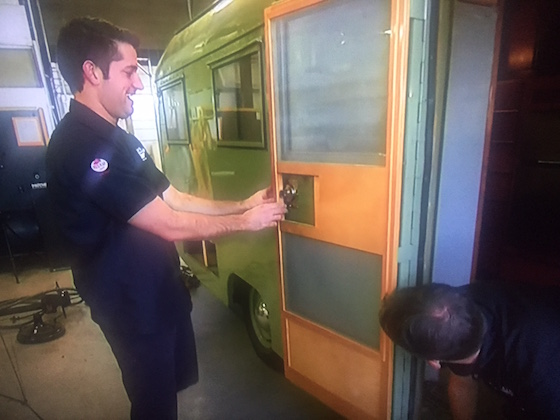So you’re looking at buying an RV park. The seller presents you with their historic books and accounting. Since your whole deal is based on these numbers, you have the persistent concern “how much can I trust these numbers”?
The reasons seller’s cheat
In the “Lord of the Rings” movies, there is a gold ring that makes men go mad with greed. In the RV park business, that gold ring is the “multiplier effect”. If you buy an RV park at a 10% cap rate, then each $1 of income stated yields $10 in value. This makes a cheater out of folks who would never traditionally lie. They just can’t help themselves when an easy $1,000 cheat gets them $10,000 in cash. So it’s a pretty good bet that all sellers might be cheating at least in some small way.
How to treat these numbers
The seller’s numbers are important to cast some type of historical perspective and to derive an initial value. But they are not to be held as the gospel truth. You can often see the immediate fallacy when you also obtain the seller’s tax returns for the park, which often don’t match their own numbers (typically from them trying to pay less taxes). So these numbers need to be viewed as nothing more than a guideline.
How to effectively confirm them
Smart buyers know to re-build the park’s numbers from the ground up, both revenue and costs. On the revenue side, you can get a handle on historic occupancy by doing some mathematical calculations on the park’s power bill. If you can come up with a rough estimate of power usage by each customer, you can then make a crude ratio analysis to see what the approximate occupancy was. You can also watch the revenue for the period you have the park under contract (you should receive the daily reports of deposits during the due diligence period) and see how those tie to the claimed revenue of the same period in the year prior. You can also pay someone to periodically go out and hand count how many lots are occupied and compare that to the seller’s reports during this period. This will give you a rough idea of how accurate the seller has historically been. You can also re-build the expense side from the ground up, working only from actual bills from the provider (like electric, water, sewer, etc.) or three bids for each line item. You can only really trust the work that you do, as you are not trying to puff things up.
Additional safeguards
It does not hurt to get an appraisal – even if there is no bank loan to obtain. The appraiser will look at comps of similar sales, as well as do some research on the occupancy at the other RV parks in that market. Having a bank scrutinize the deal – most loan committees are pretty negative folks to begin with – also can give you some valuable input. Our opinion is that you can never get too much information, and the worst thing in the world are “yes men” who have a vested interest in the deal closing.
Conclusion
You can’t buy an RV park without a budget and historical performance. But you have to protect yourself as many sellers may not be truthful. Do great due diligence and confirm everything you derive to make certain that you are not overpaying and capable of hitting your budgets.




